Jane Shilling
THE STRANGER IN THE MIRROR
A MEMOIR OF MIDDLE AGE
For Sarah L and Sarah C
And in memory of Nora and Bobby Lock
With love
Lord, are we as old as all that? I feel about six and a half.
Virginia Woolf, letter to Vanessa Bell
Je nai pas plus fait mon livre que mon livre ne ma fait.
Montaigne,
EssaisWhats gone and whats past help
Should be past grief.
Shakespeare,
The Winters Tale
A Memoir of Middle AgeJANE SHILLING

The authors name on the title page gives the impression that writing a book is an individual enterprise, but of course it is not. I should like to thank my agent, Ed Victor, and my editors, Alison Samuel, Becky Hardie and Clara Farmer, for their encouragement and patience. I am grateful to Beth Humphries for her perceptive copy-editing, Parisa Ebrahimi for her calm and meticulous help with the final details and Audrey Bardou for her eloquent photography. Juliet Brooke kept me company on the photoshoot a task well beyond the ordinary call of editorial duty. The London Library was indispensable, both as a resource and a sanctuary. It is hard to imagine a writing life without it.
I am very grateful to Brian MacArthur, Sandra Parsons, Michael Prodger, David Sexton, Gaby Wood and, especially, Sarah Sands, for keeping me afloat financially during the eventful gestation of this book.
My love and thanks to Sarah Crompton, Andrew Hayward, Sarah Lock, Colonel John Mennell, Pip Moon, the Selby family, Audrey Shilling and Helen Williams, all of whom at various times encouraged me sometimes quite forcefully to kick on. Several people not mentioned by name here played heroic roles in helping me to get started and, having started, to continue. You know who you are and how much I owe you. Molly, Nico and Caspar make everything seem better. My dear son Alexander tolerates with patience and generosity the trials of having a writing mother. He is the point of it all.
So, what are you working on at the moment? they would ask politely. A book about middle age, I would say. And whoever I was speaking to would give a terrible sort of roguish bridle, or squirm, and say, Not that youd know anything about that, of course.
Without exception, they said it. Men and women, young, old and middle-aged themselves. A beautiful young writer at a Notting Hill party said it sweetly; a red-faced old farmer at a point-to-point said it with creaking flirtatiousness. Everyone seemed to think it their duty to reassure me that I was exempt from what they obviously thought of as a kind of bad spell. Which was odd, for I was 47 when I began writing this book; not a borderline case, but as unambiguous an example of female middle age as you could possibly imagine.
The other thing they all wanted to know was, How are you defining middle age? I wasnt convinced that defining middle age was a useful exercise. For women (and it is female middle age that concerns me here. Male middle age is certainly a very interesting subject, but not one about which I feel qualified to write) the menopause is the unequivocal marker of the boundary between youth and what is left of life. Cross that frontier and you are in no doubt that you are middle aged. But middle age and the menopause are not precisely the same thing. Fashion journalists and doctors would place the onset of middle age well before the end of fertility, at the point at which ones rate of egg production and cellular renewal begins to slow, and ones ability to wear hot pants and biker jackets with conviction to diminish.
I was more interested in describing than defining this passage of female experience, in particular because, although middle-aged people now predominate in the UK population (in 2009 the average age was 39.5 years, with the graph showing a large peak of baby boomers in their forties and fifties), as I approached middle age myself I could find no contemporary model of it that interested me.
Throughout my adult life I had been accustomed to find my own experience as a woman reflected in the culture. Magazines and newspapers contained pictures of women of more or less my age, dressed in clothes that I might also like to wear, describing experiences that were familiar to me. Programmes on the television and radio took as their raw material the lives of my contemporaries. In bookshops, the female experience appeared in a myriad narrative forms. Until the onset of middle age, when, all of a sudden, there was apparently no one like me at all. Like the children of Hamelin led away into the mountain cavern, we had all vanished.
I exaggerate. There were, if you looked for them, some traces of middle-aged experience to be found. In newspapers and magazines these generally took a sternly prohibitive form. In my twenties and thirties, I read magazines in which the features and fashion shoots described a world of possibility and fantasy. But at 40 and beyond there were no fashion shoots, only grim lists of the garments one could (apparently) no longer wear without appearing grotesque, together with much shorter lists of suitable alternatives, all designed to conceal or restrain the imperfections of the ageing body.
The features, too, tended to dwell on the indignity of middle-aged experience; its lamentable divergence from the youthful norm, with an outrageous catalogue of reckless post-menopausal love affairs, heroically late pregnancies, marital humiliation, extremities of cosmetic surgery, the alarming side effects of HRT. The repulsiveness of the middle-aged female body and the constant vigilance required to suppress its determination to sag, bloat, flab, sprout, droop and wrinkle was a prevailing theme.
On television, where the rate of attrition among middle-aged female presenters is tremendous, the alternative voice of middle age was represented by the Grumpy Old Women, and their anodyne daytime cousins, the coy kaffeeklatsch of Loose Women. The prevailing tone among the Grumpies is rage and disappointment, artfully tweaked into a simulacrum of comedy. The brilliance of the concept is that in the complicit guise of telling middle age like it really is sluttish, surly, rueful, defeated it reinforces the caricature and so keeps everyone happy. Middle-aged women can feel the Grumpies have given them an authentic voice, while everyone else is confirmed in their comfortable prejudices about the battiness of women of a certain age. My teenage son adores them.
I, on the other hand, as I passed 40 and began to head for 50, wondered whether there might be more to the narratives of middle age than hot flushes, absent-minded shoplifting and an overwhelming sense of having been cheated by life.
I dont believe in ageing, wrote Virginia Woolf at 50. I believe in forever altering ones aspect to the sun. Altering ones aspect to the sun struck me as a more interesting approach to ageing than sticking a patch on my bottom and knocking a decade off my age, but I wondered how one went about it. Since my thirties had been, on the whole, happier than my twenties, and my forties happier than my thirties, there seemed some grounds for cautious optimism about the future.
At 47 I thought that a steady nerve, a good haircut and an enquiring mind would be sufficient protection against most of the outrages that middle age might inflict. By 50 I knew better. But although the experience was (and is) harder and more painful than I thought; more full of confusion and loss, it is also more interesting than I had imagined. As it goes on, the process of ageing seems to me to be less about what is lost, and more about what remains.

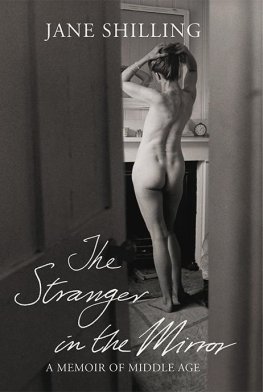

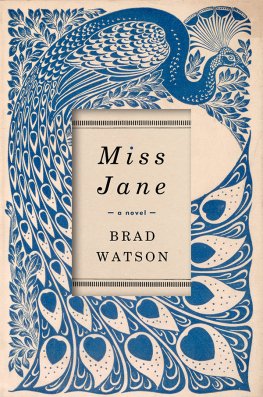
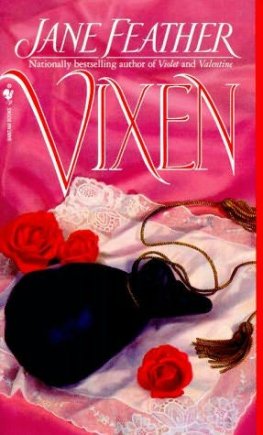
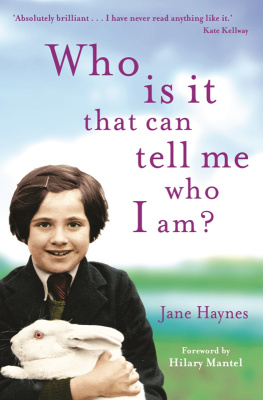
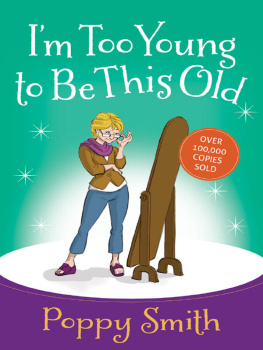
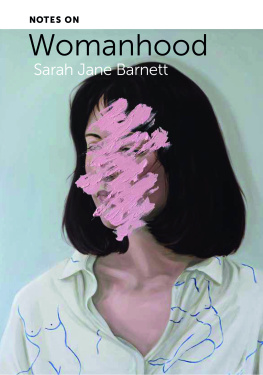
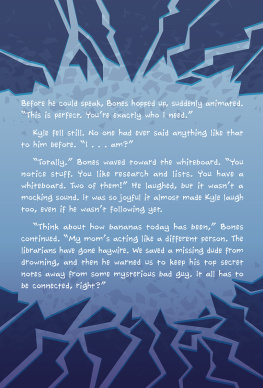
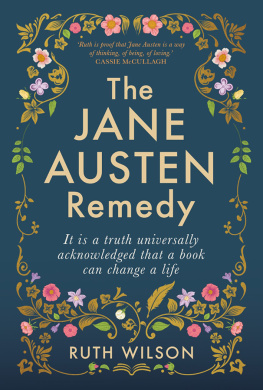
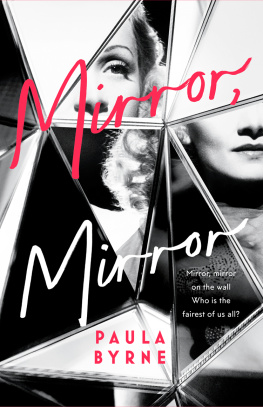
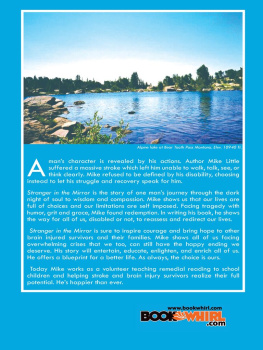
 A Memoir of Middle AgeJANE SHILLING
A Memoir of Middle AgeJANE SHILLING